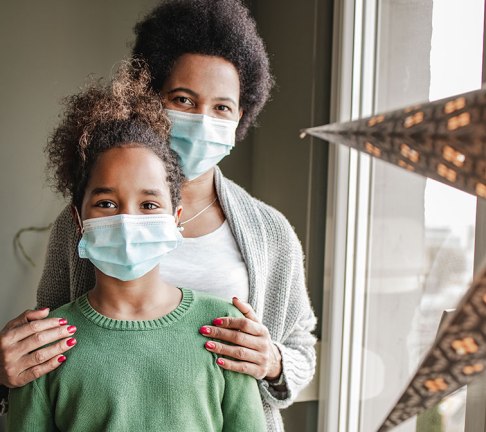“Together we know so much more!” – MSD participated in the Patient Empowerment Symposium & campaign
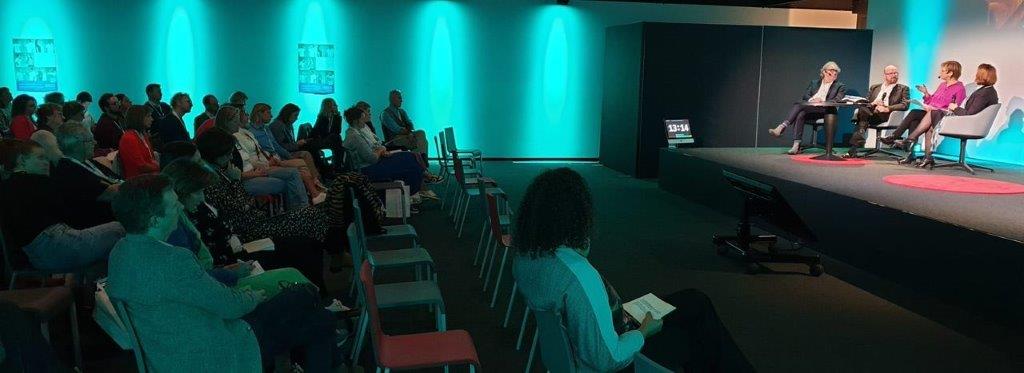
This symposium kicked off the patient empowerment campaign: “You have more to tell to each other than you think.” How easy or difficult is it to bring these different parties (doctor, patient, hospital, company) together and get them to listen to each other?
Care recipients need caregivers, so dependence is inherent in this relationship. However, through communication, we can try to reduce the uncomfortable and unwanted feeling of dependency to the bare minimum. For this to succeed, it is important that they understand each other, and understanding begins with listening.
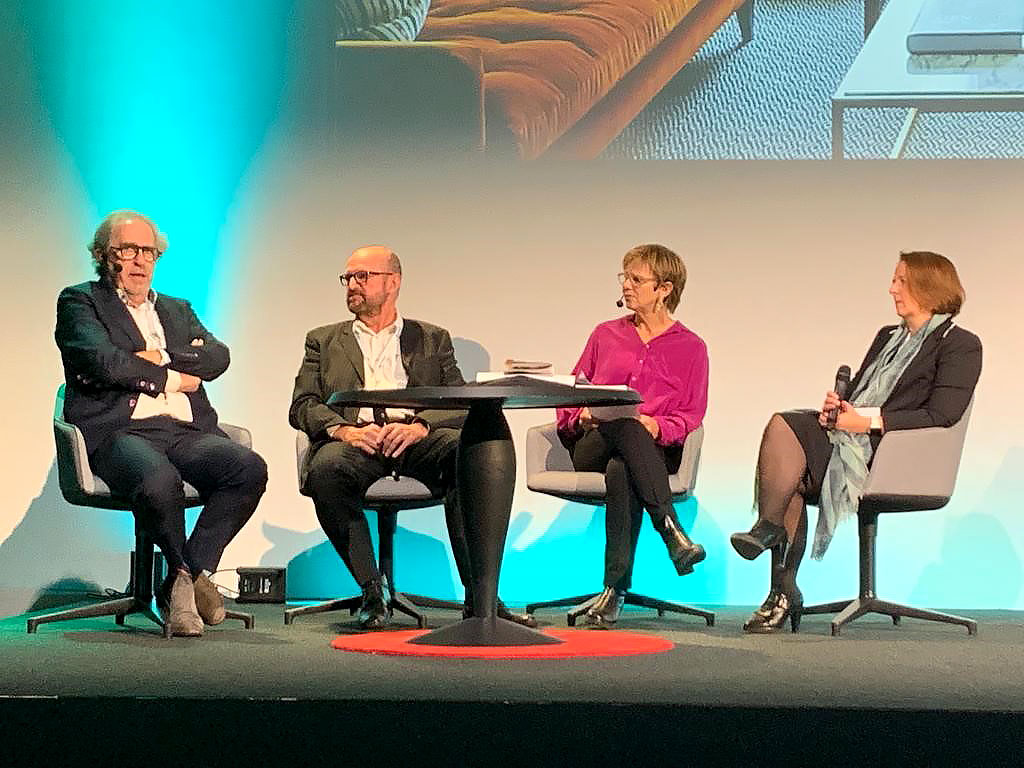
A caregiver such as a doctor must obviously listen to a care recipient because doctors are experts with valuable knowledge and experience. But healthcare providers must also listen to the patient. After all, it is not because something is possible from a medical perspective that a patient is also in favor of it. Patients may feel that the side effects are too great, that they must compromise too much on their values.
In the end stage of life this is obvious: if your life is about to end, does it still make sense to undergo a further surgical procedure? The surgeon may be able to justify this on medical grounds, but ultimately it is up to the patient to decide whether they still consider it worthwhile. That principle should apply throughout the entire healthcare system.
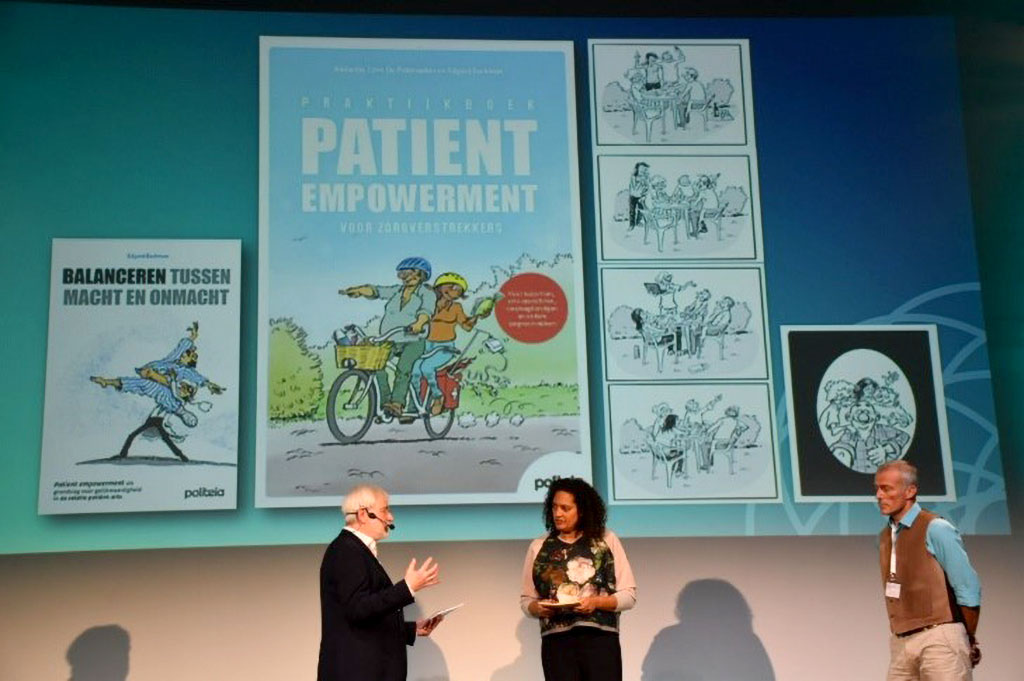
“By the way, I believe that the patient should not be a partner in their care process, but the owner of it. My view is that the user should be the co-owner of the care system and should also have a say. The care recipient, care provider, and care organization share control and responsibility, and this should always involve mutual respect. To me, the care recipient is not just a “client” who can place an order, they also have a shared responsibility and duties.“
Edgard Eeckman (Chairman – Patient Empowerment VZW)
All these aspects are covered in the associated campaign which started on October 26 with posters, social media posts, and videos with tips.
“Patient Empowerment for Healthcare Providers”1 Practice Book, Prof. E. Eeckman
The concept of Patient Empowerment entails communication as a means, not an end, that puts the care recipient in the driver’s seat. Some patients will naturally be empowered, some do not wish to be (and are free to choose), and others wish to be, but cannot. After all, a third of the Belgian population (aged 15 and over) has a low level of health literacy and this is why we need to support these people. How healthcare providers can empower patients is the topic of a new publication, the “Patient Empowerment for Healthcare Providers Practice Book,” published by Politeia. This book is packed with concrete tips. Ultimately, empowering the care recipient involves 1001 minor behavioral elements.
The book puts into practice the insights from Eeckman’s first book, ‘Balancing between power and powerlessness, Patient Empowerment as a basis for equivalence in the patient-doctor relationship’ (Politeia). It is based on his doctoral research (Communication Sciences VUB [University of Brussels]) and explains the concept of Patient Empowerment in an accessible way.
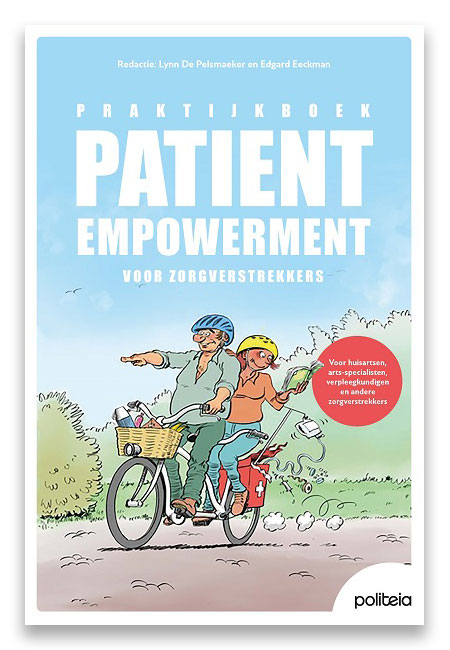
More information and details for how to order can be found here (Publicaties – Patient Empowerment)
[1] Dutch version only

